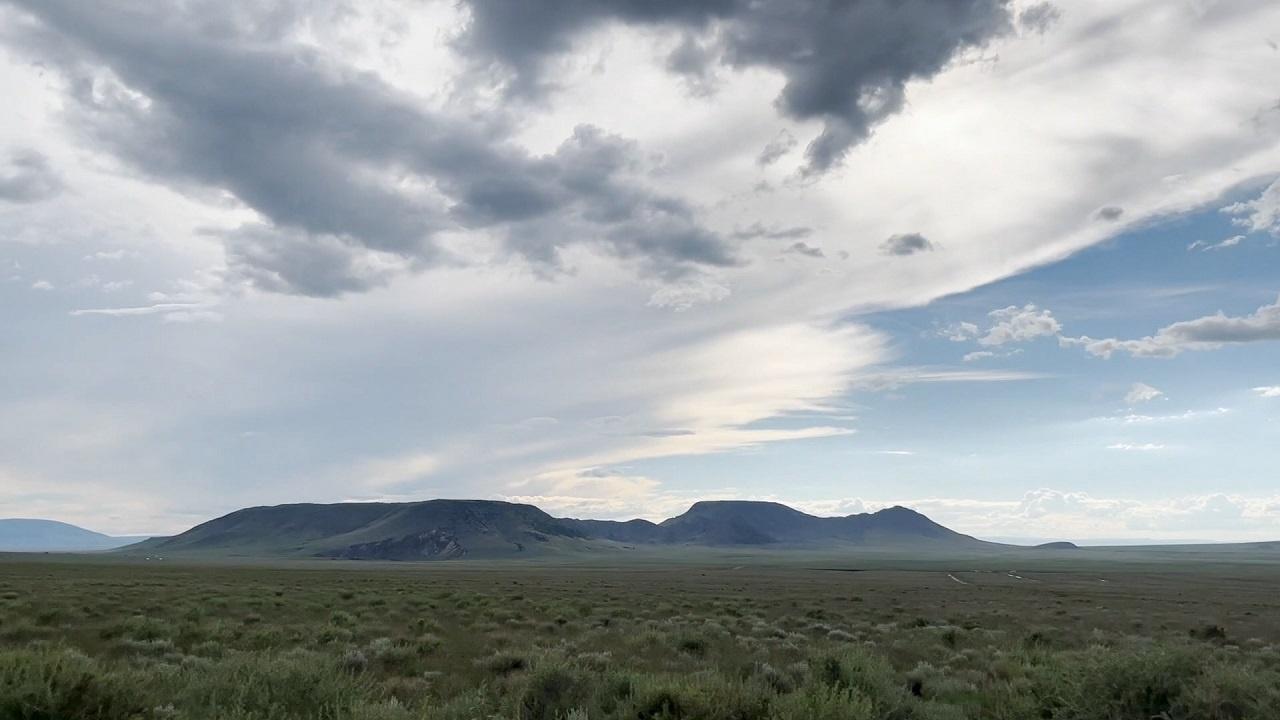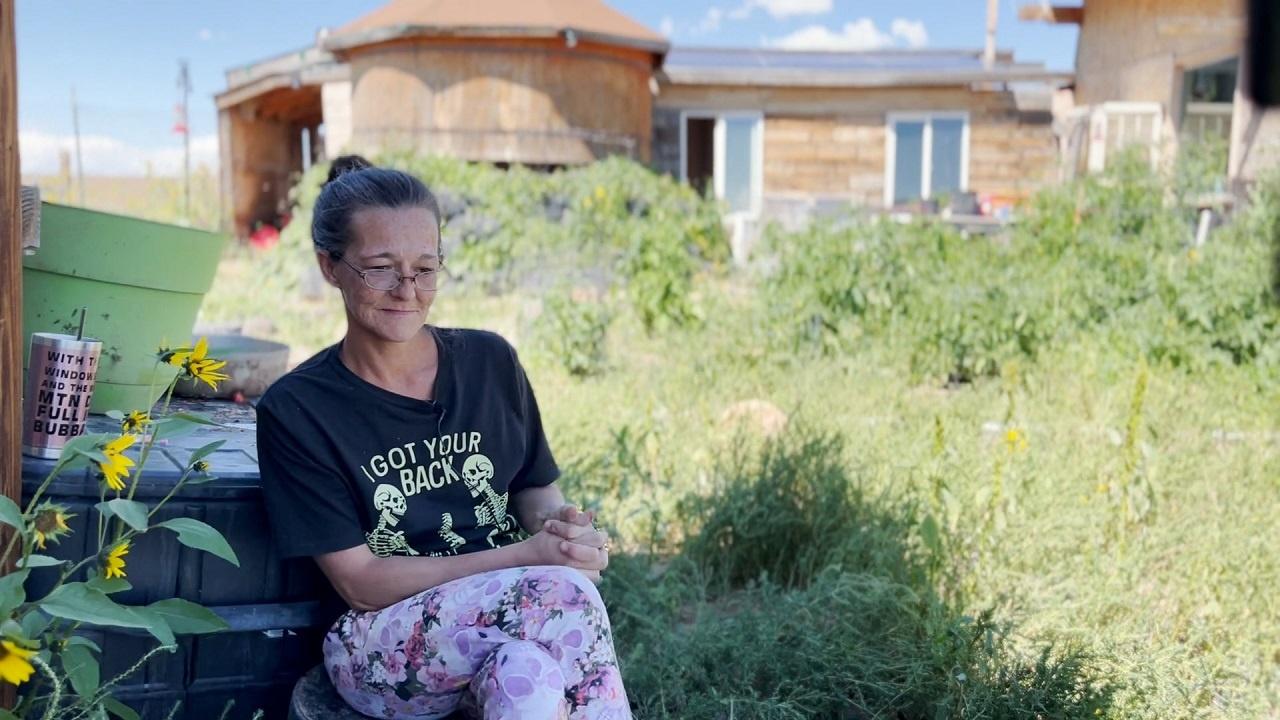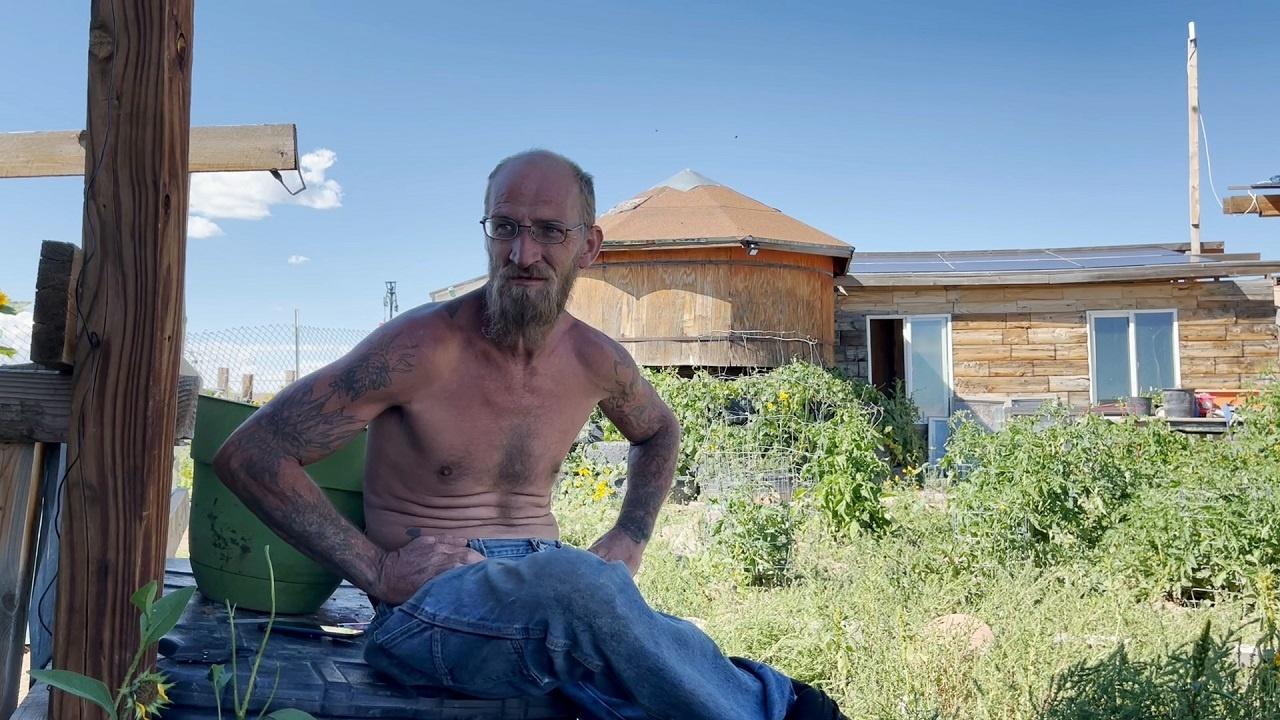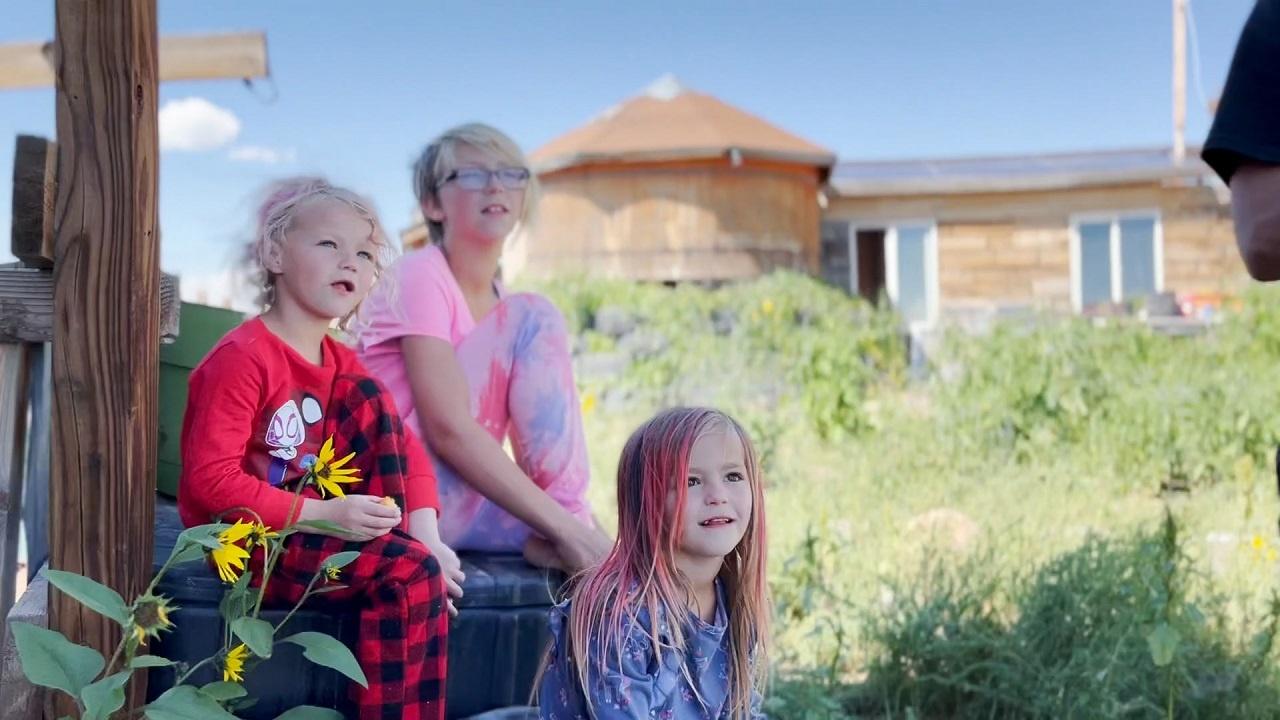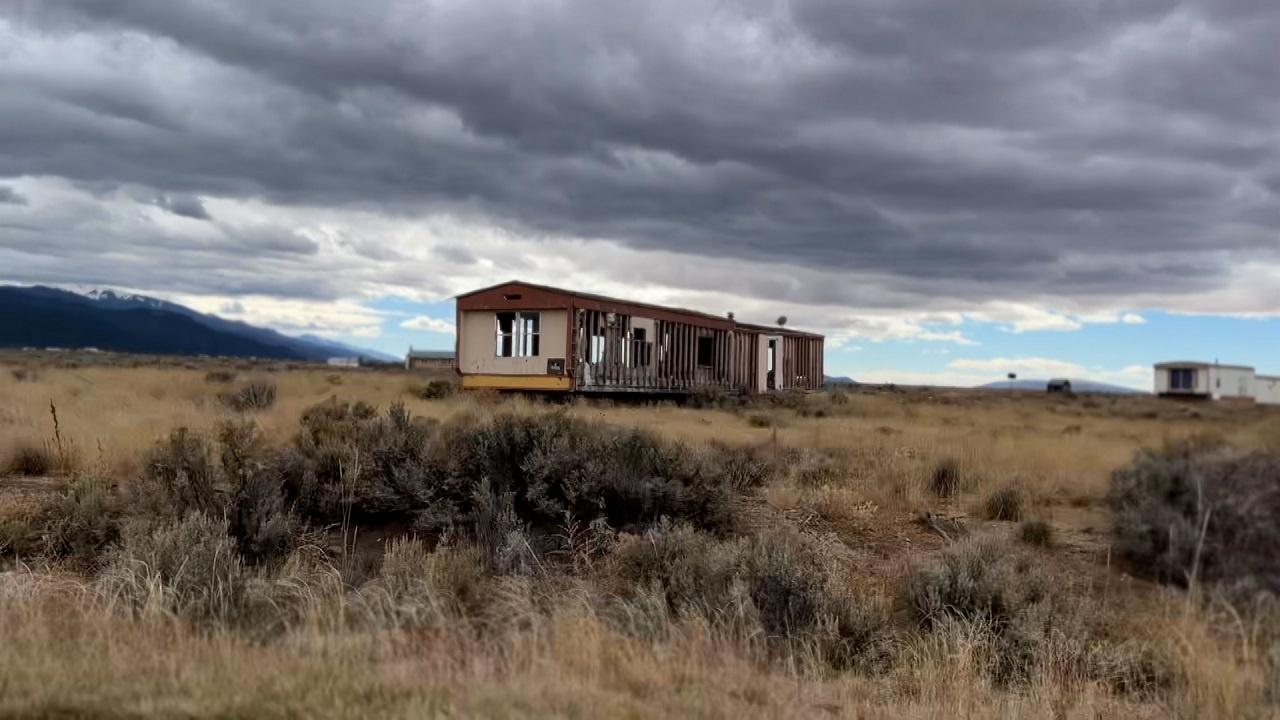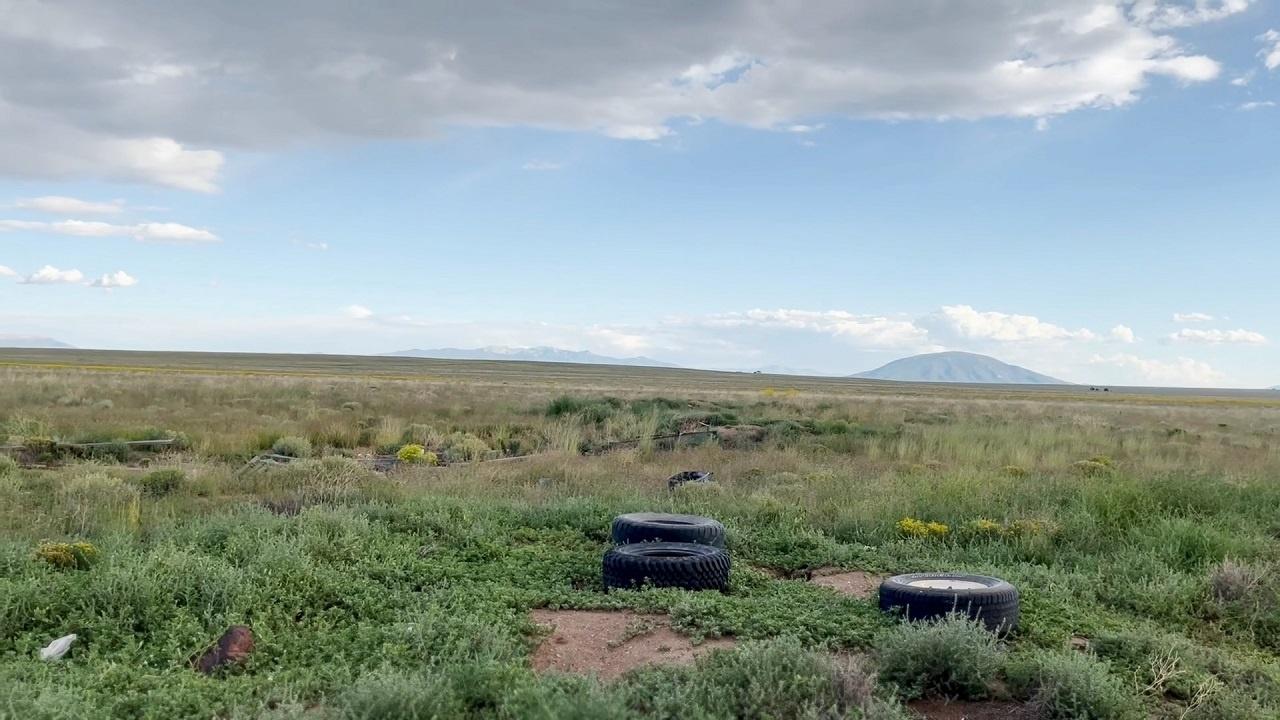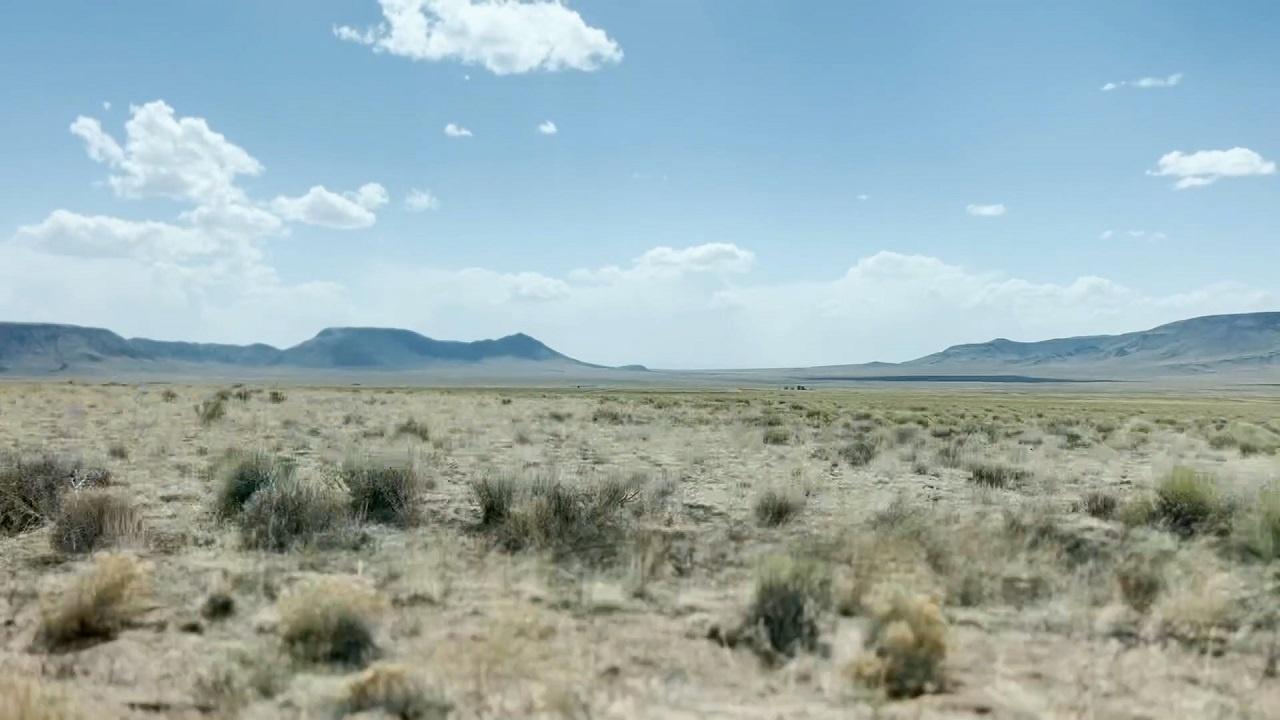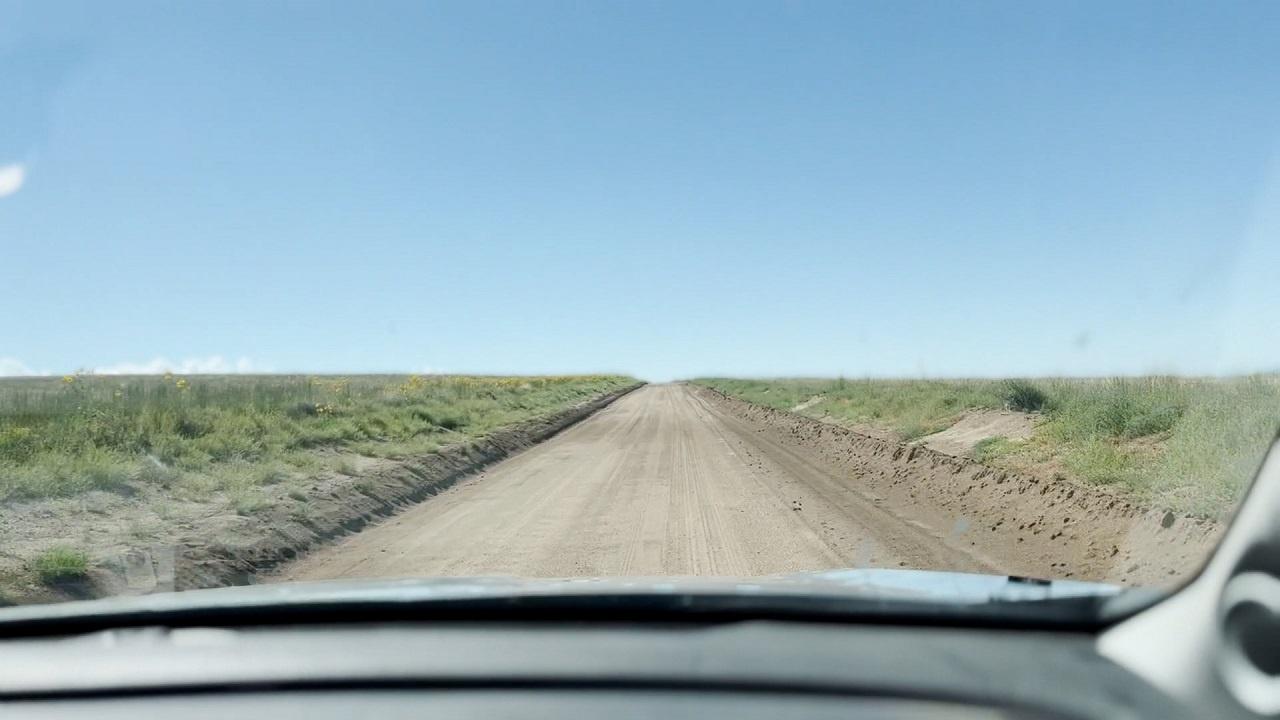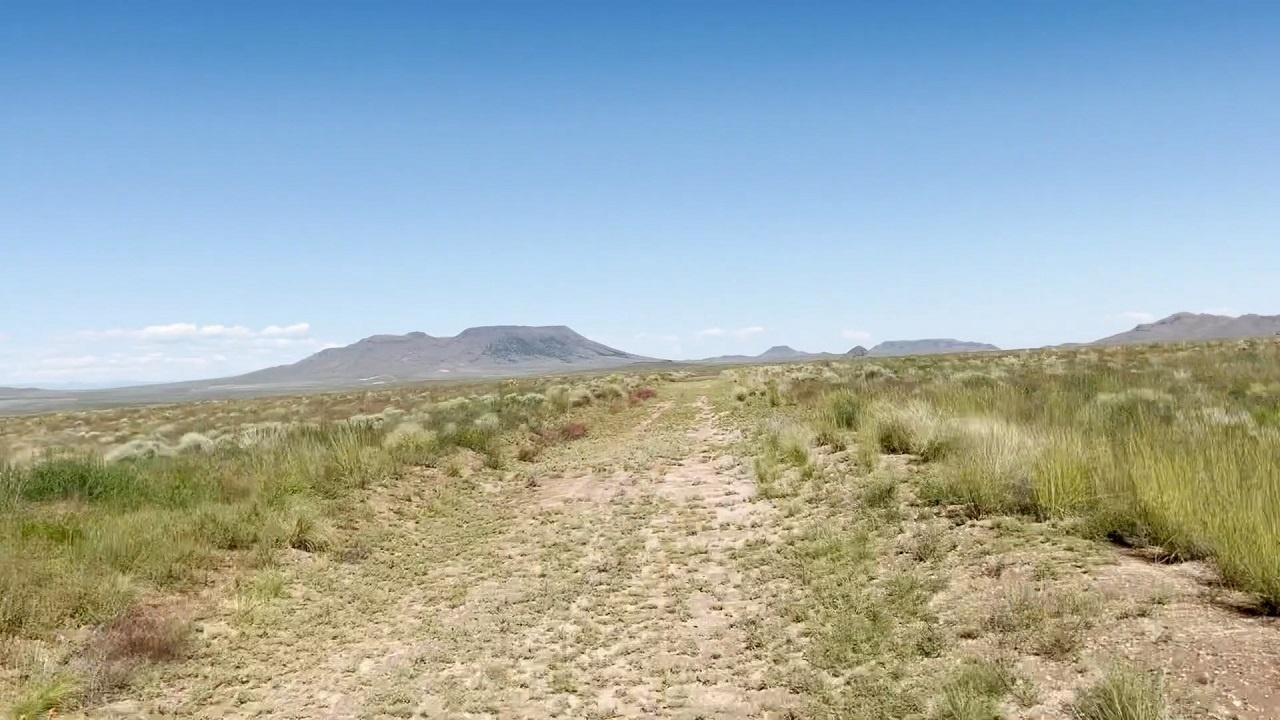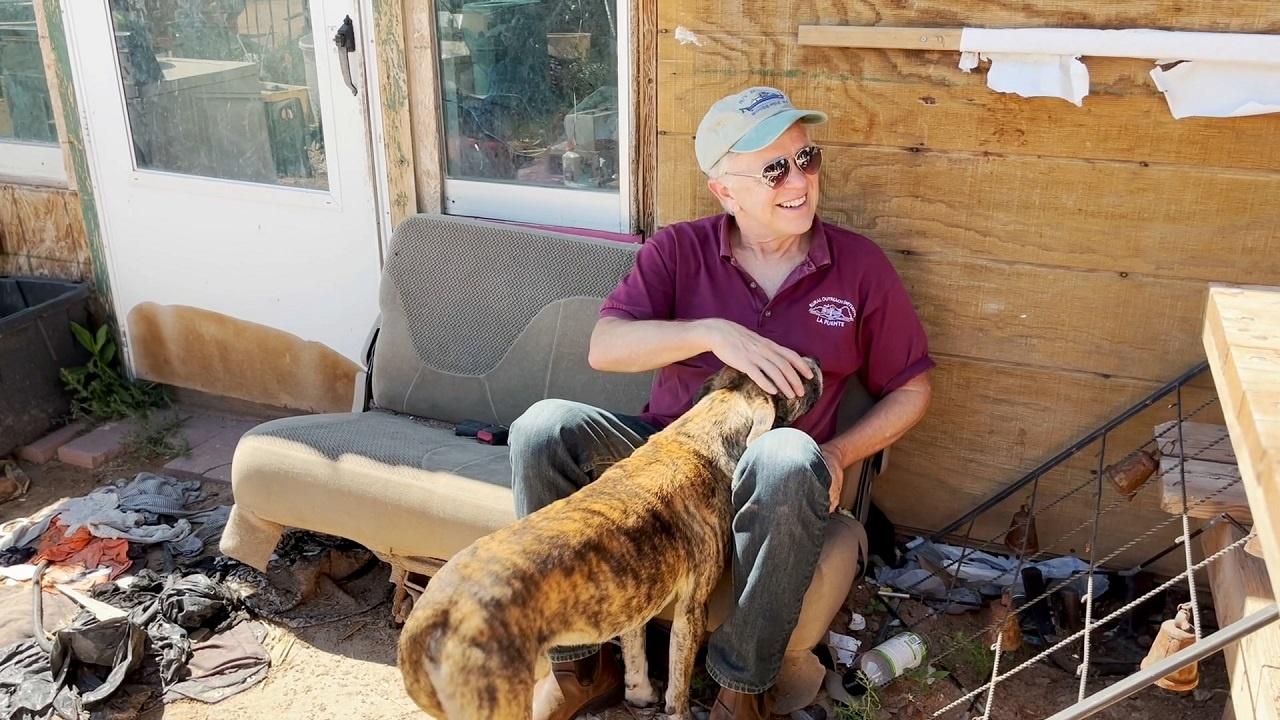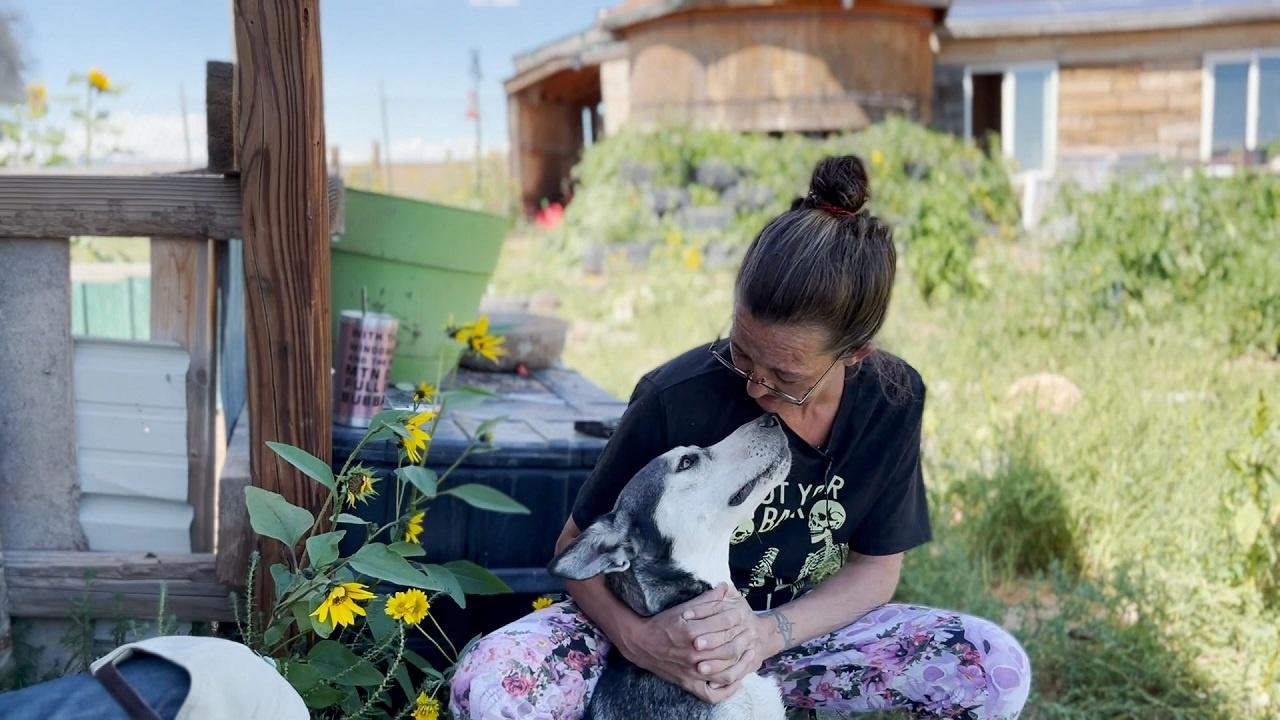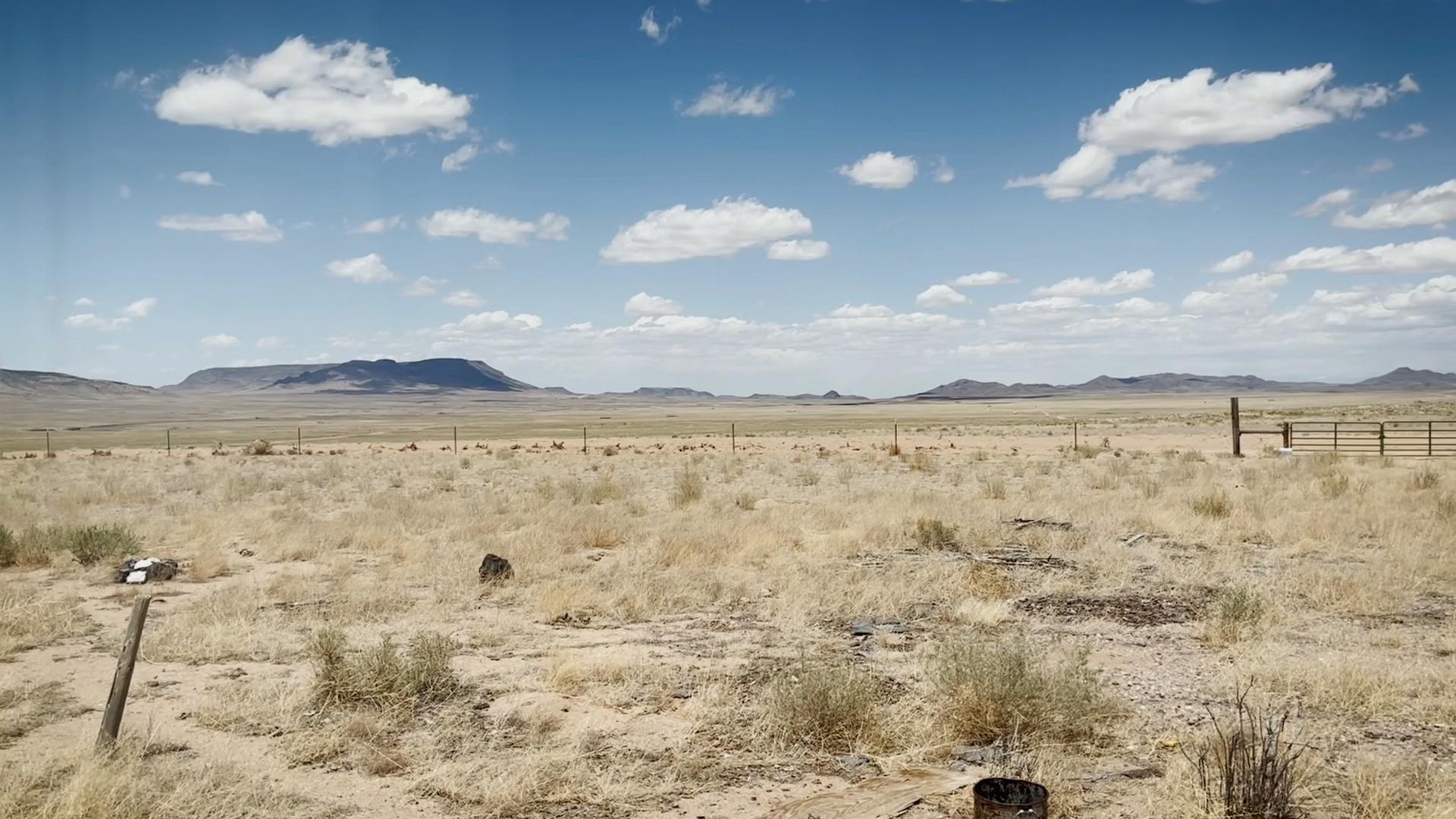COSTILLA COUNTY, Colo. — More than a decade ago, Stacy Gruber traveled the back gravel roads from New Mexico through southern Colorado with her husband, Frank. “I’d really love to own land here someday,” she told him.
Something about the mountains, the sky, and the earth spoke to her. “I felt at peace. It felt right. I don't know how to explain it,” Stacy said. “I knew this area was supposed to be home.”
Today, she and Frank live off-grid with their five daughters on a five-acre plot east of the Rio Grande. “As it just so happened, we did end up owning land here,” Stacy said. While the initial feeling she had about the area persisted, there was yet another factor in their decision: “The reason that I bought the land that I did, I’m not going to lie — the land is cheap here,” she said. Known for its inexpensive, scam-ridden rural subdivision plots, the outskirts of Costilla County have been hocked by lightweight real estate agencies for decades.
[Related: Watch Colorado Voices: Cheap Land Part I and Colorado Voices: Cheap Land Part II]



